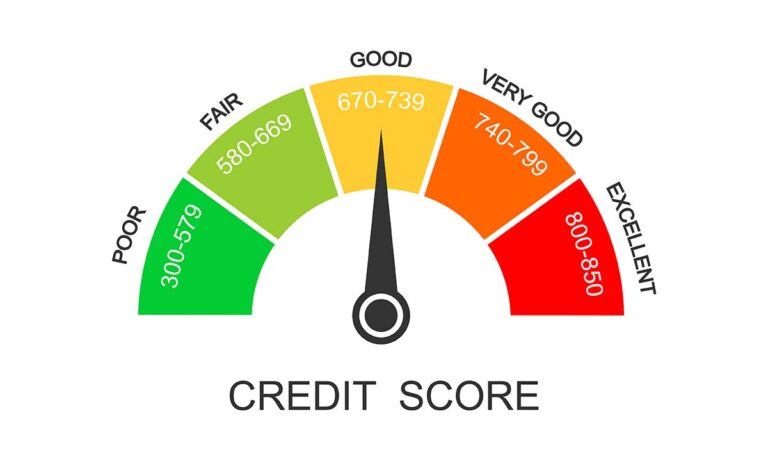Why Is My FICO Score So Important in Getting a Mortgage?
Most lenders rely on a credit score, called a “FICO score” to determine a Borrower’s creditworthiness when applying…

Most lenders rely on a credit score, called a “FICO score” to determine a Borrower’s creditworthiness when applying…